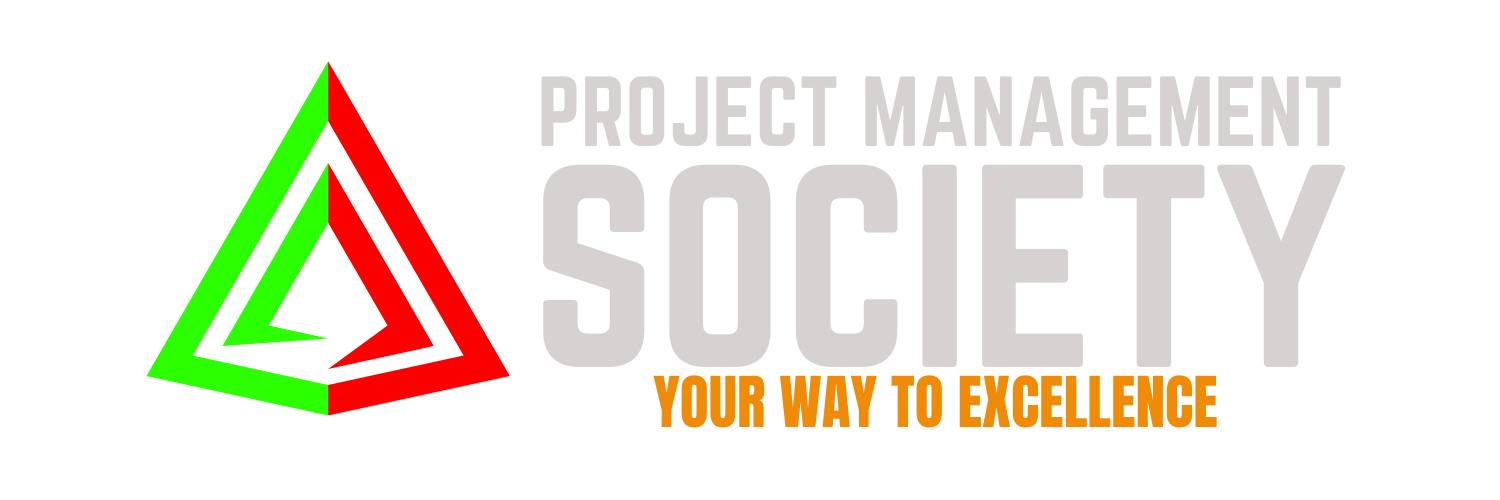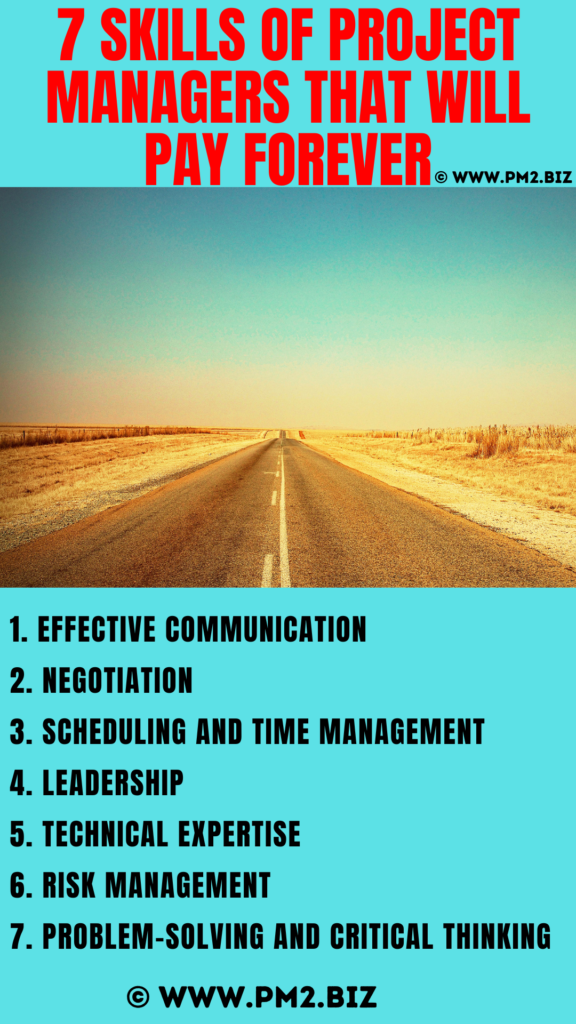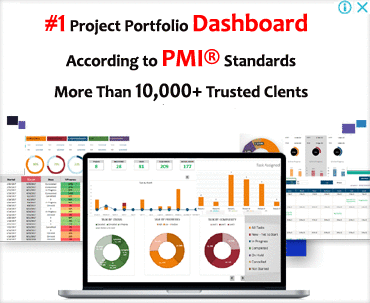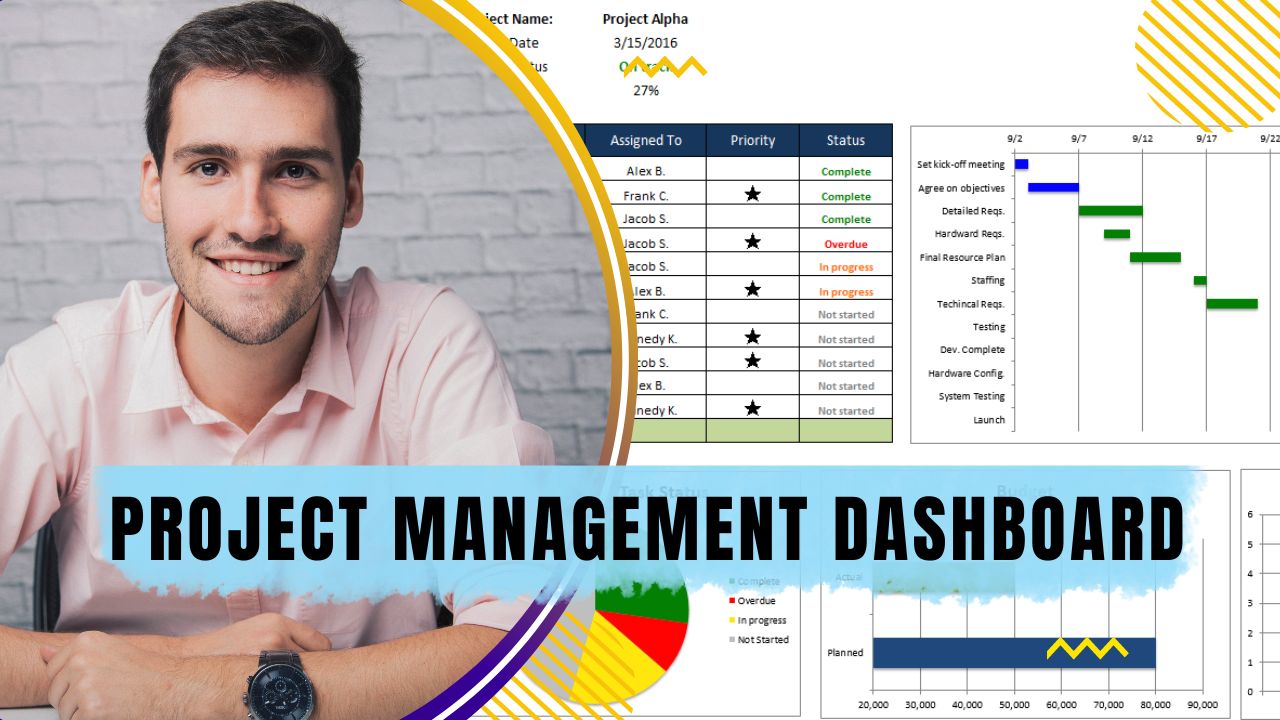As companies try to deliver complex projects in environments with a lot of competition, they need skilled project managers more than ever. In fact, the Project Management Institute estimates that by 2027, the number of project management roles will grow by 33 percent, creating nearly 22 million new jobs for qualified project managers.
But organisations are facing talent shortages that put them at a great deal of risk. So, there are a lot of career opportunities for professionals who are good at project management and have the key skills that these organisations need. Research shows that there is the most demand for practitioners who have the right mix of skills, which is a mix of technical skills, leadership skills, and business sense.
Will you be able to meet the need? Read on to find out the seven most essential project management skills you need to succeed and how to improve these skills to set yourself apart from the competition.
CLICK HERE TO DOWNLOAD 300+ PROJECT MANAGEMENT TEMPLATES & DOCUMENTS IN EXCEL
1. Effective Communication
From the start of a project to meetings with stakeholders, project managers are always talking to people. Project Manager for the Masses Podcast host Cesar Abeid claims that project managers spend 90% of their time communicating in some capacity. Because of this, project managers need to be good communicators if they want to lead projects to completion.
Poor communication, on the other hand, can lead to inefficiency and missed deadlines. In a recent survey, 28% of employees said that poor communication was the main reason they didn’t finish a project on time.
To lessen the chance of this happening, project managers should make it a top priority to learn how to communicate well. This means knowing how to approach people, build meaningful relationships with coworkers, and talk about what you want to achieve in a clear vision. Taking the time to think about what you want to say and how you want to say it before you speak is a simple and effective way to start getting better at this skill.
2. Negotiation
When you’re in charge of a project, you have to negotiate all the time. From managing resources to working with suppliers to solving team negotiations, you have to negotiate all the time. A effective project manager is usually a good negotiator who can keep everyone happy and working toward the same goal at all times.
Discussions about budgets, scope creep, resources, and timelines are unavoidable, and they can easily turn into fights if they are not handled with tact. Skilled project managers know instinctively when and how to use persuasive techniques that will encourage solutions and keep workplace relationships from getting damaged.
CLICK HERE TO DOWNLOAD 300+ PROJECT MANAGEMENT TEMPLATES & DOCUMENTS IN EXCEL
Project managers may choose to use different negotiation styles depending on the situation. It’s important for them to be effective to figure out which scenario will work best in each situation. Some people may call for compromise, which means coming to an agreement with the other side. Other people may call for collaboration, which means coming up with a solution that works for both sides, or competition (in which a project is controlled in a win-lose situation). No matter which style they choose, project managers need to know how to use these negotiation strategies well in order to be successful.
3. Scheduling and Time Management
Scheduling is, of core, one of the most important parts of project management. But you’ll have a better chance of delivering projects on time if you’re successful at juggling multiple schedules and can predict roadblocks before they happen.
Most projects fail because of bad planning. Some of the most common reasons are changing priorities within an organisation (40%), wrong requirements (38%), changes in project goals (35%), and undefined project goals (30 percent). Based on these numbers, it’s clear that time management is a very useful skill for project managers to have.
4. Leadership
When managing a team or project, it’s important to have strong leadership skills. By coaching, guiding, and inspiring your coworkers well, you can help a project move forward and get a good result. Strong leaders also create a productive work environment by communicating to their teams often and helping their employees develop important project management skills.
Teams also work better when employees feel like they are making a real contribution in the project. You can help team members feel like they are making a difference by learning how to assign tasks, give constructive feedback, set goals, and evaluate the performance of both individuals and the team as a whole. Make sure to acknowledge your team members’ contributions so they know you value their work as well. When you combine these things with your own style of leadership, you will be able to manage projects well and become a better leader.
5. Technical Expertise
Successful project managers must not only have the soft skills listed above, but also have the technical know-how to move projects toward completion. Project managers who can “speak the language” of their organization’s subject matter experts will be able to communicate more effectively with their teams and have a better understanding of a project’s inherent risks and potential roadblocks.
A project manager can also do a better work if they know how to use popular project management software in real impact. People often use these kinds of programmes to plan, organise, and communicate with team members while also keeping track of resources, budgets, and schedules. In the modern world, this means that project managers must also change all the time, learning how to use the newest technologies to successfully lead a project to completion.
CLICK HERE TO DOWNLOAD 300+ PROJECT MANAGEMENT TEMPLATES & DOCUMENTS IN EXCEL
Tools like shared drives (like SharePoint, Microsoft Teams, and Google Docs) and more technical programmes can help a project manager communicate better with stakeholders. Microsoft Project and Jira, for example, are popular in IT settings, while Primavera is often used for scheduling in the government and construction industries.
6. Risk Management
Risk management is a critical skill for project managers. It involves finding and planning for potential risks. The most effective project managers can identify risks at the start of a project and come up with plans to deal with them if they do happen.
Since risks are by definition uncertain events, it’s easy for project managers to ignore them and assume they won’t happen. But project managers can plan ahead to avoid major problems that could otherwise stop a project if they know and acknowledge what good or bad things might happen if the risk comes true.
7. Problem-Solving and Critical Thinking
Critical thinking is a skill that all professionals could benefit from learning, but it is especially useful in the project management discipline. The best project managers don’t wait for things to happen to them; instead, they are proactive and use their critical thinking skills to get through hard or unclear projects.
By remaining objective, analysing at the facts, and evaluating options without bias, project managers are able to solve complex problems for organisations while delivering results on time and within budget.
CLICK HERE TO DOWNLOAD 300+ PROJECT MANAGEMENT TEMPLATES & DOCUMENTS IN EXCEL







